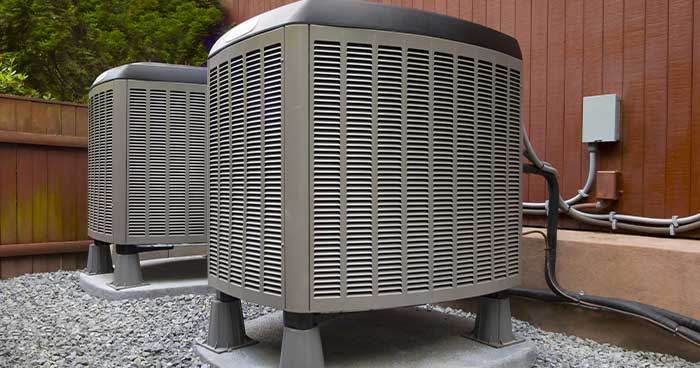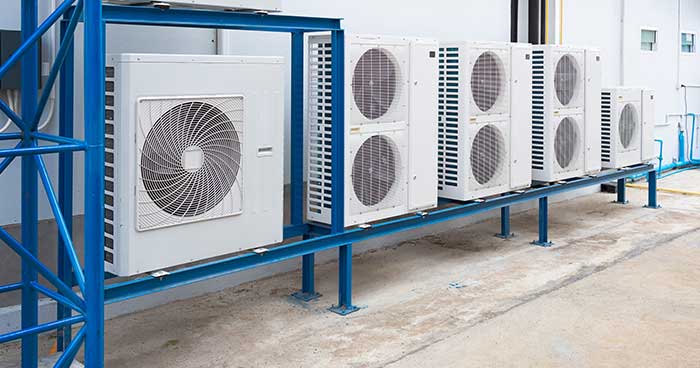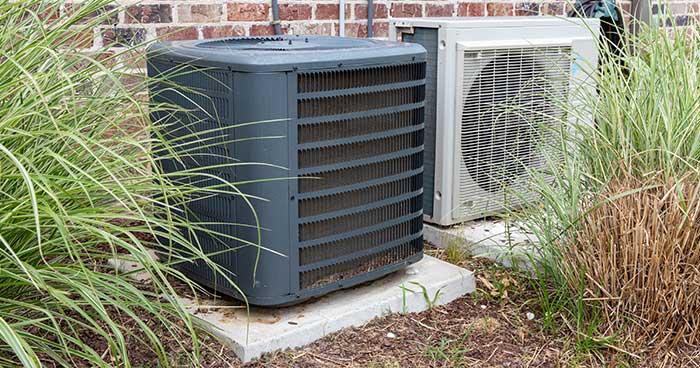Numbers and ratings are important. We want to know how much something costs, if it has a good review, or if it’s effective. This is especially true when it comes to your air conditioner. There are so many numbers that matter. Between EER, SEER, and BTU, it can be a little overwhelming. The most important number you should be looking at is BTU. We’ll explain why BTU matters for AC.
What is BTU?
BTU is short for British Thermal Units. They are a type of measurement that calculates how much energy a condenser can produced.
The way BTUs are counted is by energy and temperature. One BTU is the amount of energy needed to raise the temperature of one pound of water by one degree Fahrenheit.
The best way to understand BTUs is to compare them to calories. All bodies need a specific number of calories to function throughout the day. Throwing off that number by too much—either not enough or too much—can affect the way the system runs.
It’s important to make sure your HVAC system has enough BTUs to function correctly and to maintain a comfortable temperature for your home.
Why Does BTU Matter for AC?
The reason BTU is so important for air conditioning is that it determines how much power the unit has. Different BTUs mean different things, so it can be a little tricky to understand what it means.
The higher the number of BTUs, the faster a system can change your temperature. Think a sudden frosty blast on a hot, humid day. Lower BTUs mean a system can gradually heat or cool your home over a few minutes.
The biggest mistake you don’t want to make is not taking size into consideration.
How do I Know the Right Size?
Just like many other things, when it comes to BTU, size matters. The BTU numbers should correlate with the size of the system.
One thing we know to be true is that no two homeowners are the same. Therefore, no two homes will ever be the same. Every home has individual needs based on family size and lifestyle. Even things like high ceilings, insulation, and home placement can make a difference.
If you get an AC system that’s too big for your home, it could lead to oversized bills, short cycling, and a lot of wear and tear on your condenser. On the flipside, a system that’s too small will be unable to efficiently treat your home.
What AC Unit is Best for My Home?
Just as we mentioned above, no two homes are the same. This is why there is no “one size fits all” solution when it comes to HVAC.
For our community members in small apartments or spending most of their time in a single room, we recommend a portable AC unit or a window unit.
Homeowners have a few more options to choose from. At ASI, we recommend a central AC system or a mini-split system.
Both a central AC system and a mini-split are made up of two components. One outside and one inside. The only difference is ductwork.
For homes with an existing central heating system, we recommend central cooling. This will add on your existing HVAC system and ductwork.
Vintage homes or newer homes without ductwork would benefit from a mini-split system. Mini-splits, also called ductless systems, do not require ductwork to heat or cool your home.
For the Best AC Service in San Diego, Choose The White Glove Guys
For air conditioning services San Diego homeowners trust, look no further than ASI, The White Glove Guys! We’ve been in business since 1952 and over the course of that time we’ve learned a thing or two.
Dial the number at the top of the screen to speak with someone in our office or click here to request an appointment online.












